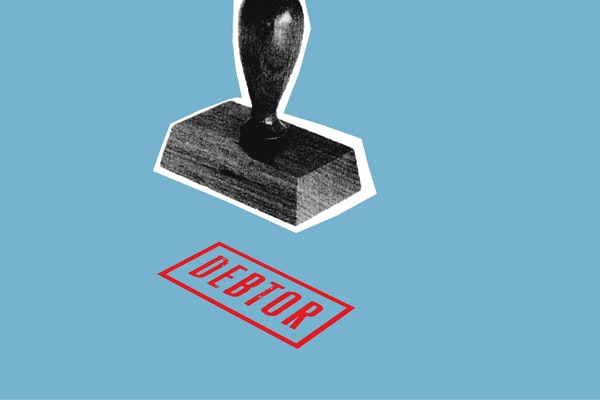Our credit counseling advice is to know what the debt collection rules are. It’s also crucial to not to let debt collection harassment force you into making decisions that will hurt you later. Although this can be difficult when you’re feeling pressured, it is important to make your own choices about which debts to pay based on what is best for you and your family.
Try to keep in mind that you are not a “deadbeat” when circumstances outside your control prevent you from paying your debts. Believe it or not, the collector knows this even better than you. Creditors and collectors know from long experience that most people pay their bills and, when they don’t, it’s usually because of job loss, illness, divorce, or some other unexpected events. Creditors take the risk of default into account when they set the interest rate. Creditors make enough money off of you and others so that they are covered. Do not be fooled by collector statements to the contrary. They mean to make you feel like a bad person. Debt collectors are instructed to ignore your reasons for falling behind on your debts.
It’s important to know what a debt collector can and cannot do when they are attempting to recover your debt. You must know what the debt collection rules are. An unsecured creditor can do only the following 3 things:
- Stop doing business with you.
A credit card issuer can cancel your card, just as a dentist can refuse to have you as a patient if you have unpaid bills. You may have other options for these services, but this action can be more serious if a particular creditor has a monopoly in your area. Utilities usually fall under this category.
- Report the default to a credit reporting agency.
The fact that you are behind on your bills almost certainly will end up on your credit record. You cannot stop this. While this is unfortunate, you only make matters worse by paying a particular bill first because a debt collector is threatening to ruin your credit report/score. They can’t do anything to further damage your record, because it’s already been done. Creditors report your information to a credit bureau on a monthly basis regardless.
- Begin a lawsuit to collect the debt.
This threat may seem to be the most worrisome, but the threat of a lawsuit may be less serious than you think. It’s hard to predict whether a particular creditor will sue or not. How aggressively they make the threat is not really an indication of likelihood. If the creditor does sue you, you have the right to respond and raise any legitimate defenses. You may not have to hire an attorney. Often times, a creditor will stop pursuing the lawsuit once they see that you will defend against it. Even if the creditor sues and wins, the worst that can happen is a court judgment against you. You will not automatically be held in contempt for failure to pay the judgment. It only gives the creditor the legal right to start the process of trying to take your property, garnish your wages, or seek a court order requiring payment. Since we’re only covering unsecured debts, the threat of court action isn’t as dangerous as the threat of something like eviction, foreclosure on a mortgage, car repossession, or a termination of utility services.
- Harassment from debt collectors is illegal. They cannot use foul language, threaten you with violence, publish your personal information, misrepresent their company or your debt, or threaten legal action without pursuing it.
For more information on debt collection rules visit the Federal Trade Commission website: FTC.gov.
If a debt collector violates the rules and is illegally harassing you, you can report them to your state attorney general’s office at NAAG.org, and also the Federal Trade Commission.
You’re not alone if you’re struggling with debt. Schedule a free credit counseling session with us today.






